
In the president’s chambers at the Nicoya Chamber of Ranchers there are albums with dozens of old images: her children, her husband, trips, birthday parties, ulcers, scars, and amputations.
Leonor Ruiz, born in Santa Cruz, runs a 28-hectare farm with 60 head of cattle. However, her albums contain no photos of cows, pastures, or calves.
She arrived at her industry a short time ago due to a string of coincidences. Still, her farm is immaculate: abundant food, robust cattle. Ruiz is proud to show off the official papers of her deep well and the measures she’s taken in case of drought, as well as her five hectares of hay and one hectare of coyol palm.
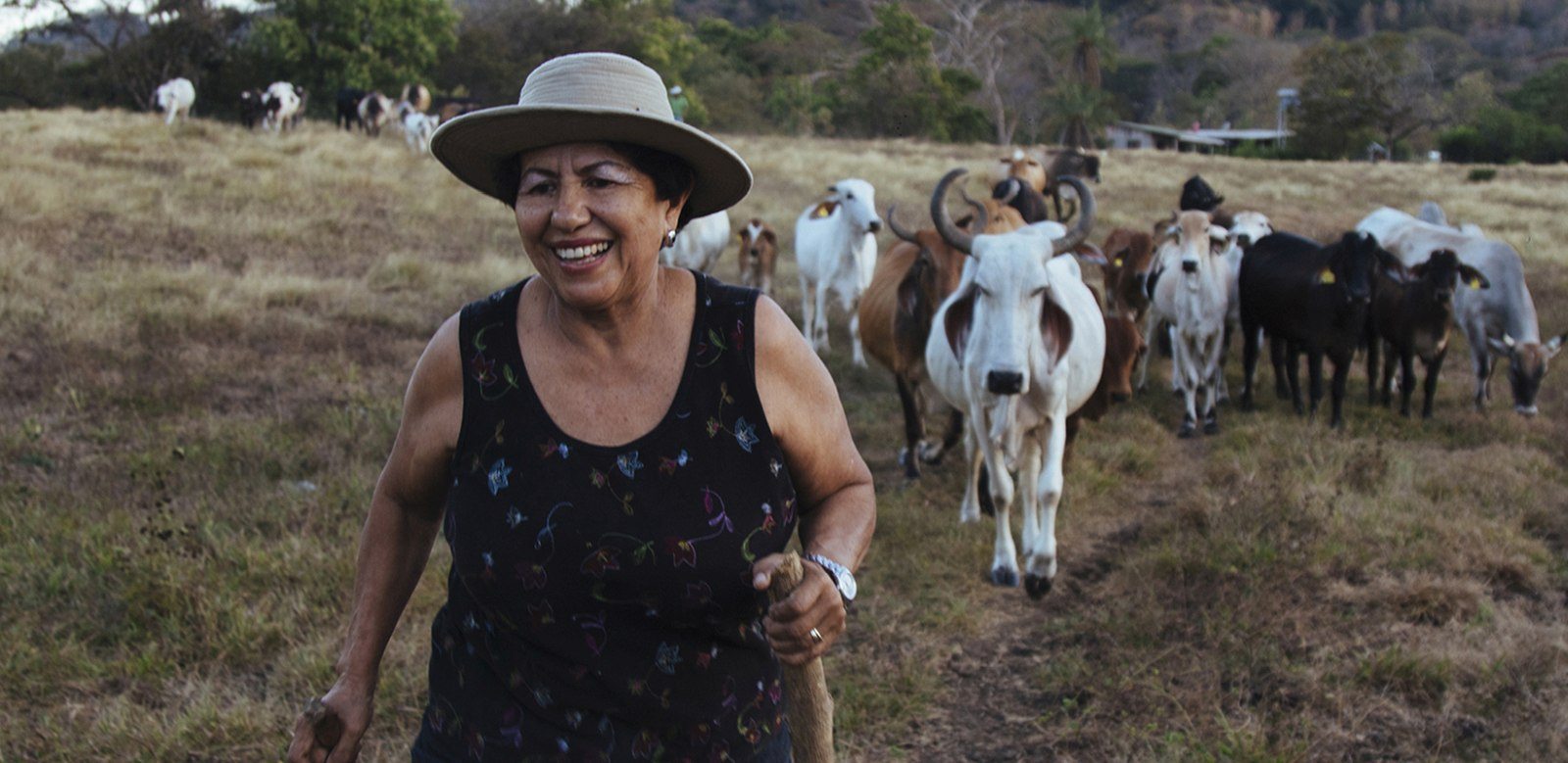
Leonor Ruiz herds the 27 head of cattle that she has on her farm. Her son helps out on the weekends.
Although many might think that she’s entered a realm of machistas, she doesn’t care; in order to herd cattle you need the desire, she says.
“They elected me (as president of the Chamber of Ranchers) because I told the truth about my colleagues.”
But why does the president of Nicoya’s ranching guild have pictures of diabetic ulcers in her photo albums? With her 63 years of age, Leonor states that she keeps those crude images for the same reason that she has persisted in ranching: the vocation of serving.
A Graceless Fall
Thirty years ago, Leonor Ruiz wasn’t in the pasture. Her world was La Anexión Hospital in Nicoya. There, in her nurse’s uniform, she attended to and educated people with diabetes.
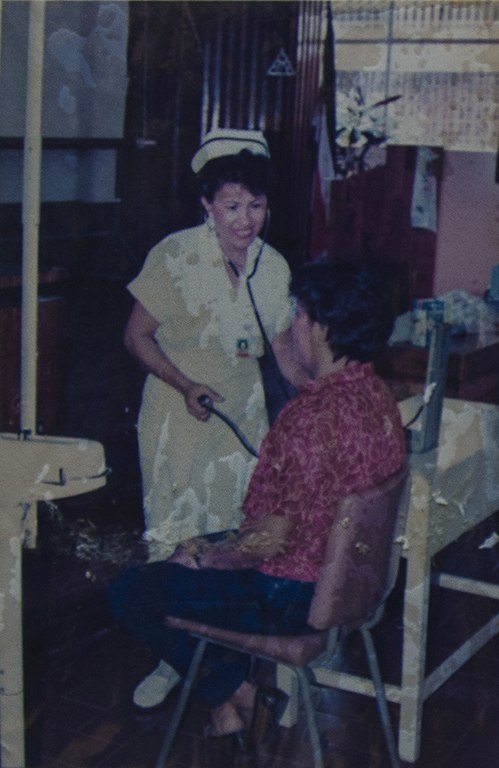
Many of Leonor’s old photographs are from her life as a nurse in La Anexion Hospital.
“I really cared for my patients,” she cays. That’s why she keeps those photographs and knows which ones have died.
Leonor would have continued working in the hospital if, 20 years ago, a family vacation to Panama Beach hadn’t ended in the hospital.
Her children, Alexander and Xiomara, were playing beach volleyball and Leonor wanted to join in. “I played when I was in high school so I figured I’d play, but I fell and screwed up my knees,” she remembers.
The injuries and subsequent treatments caused by that “graceless fall” led to excessive wear and tear on her knees. So much so that she had to retire prematurely at 53 years old.
The President
In 2013, Leonor was named secretary of the Nicoya Chamber of Ranchers. In this position she discovered that one of the guild’s administrative assistants had stolen seven million colones from the Chamber.
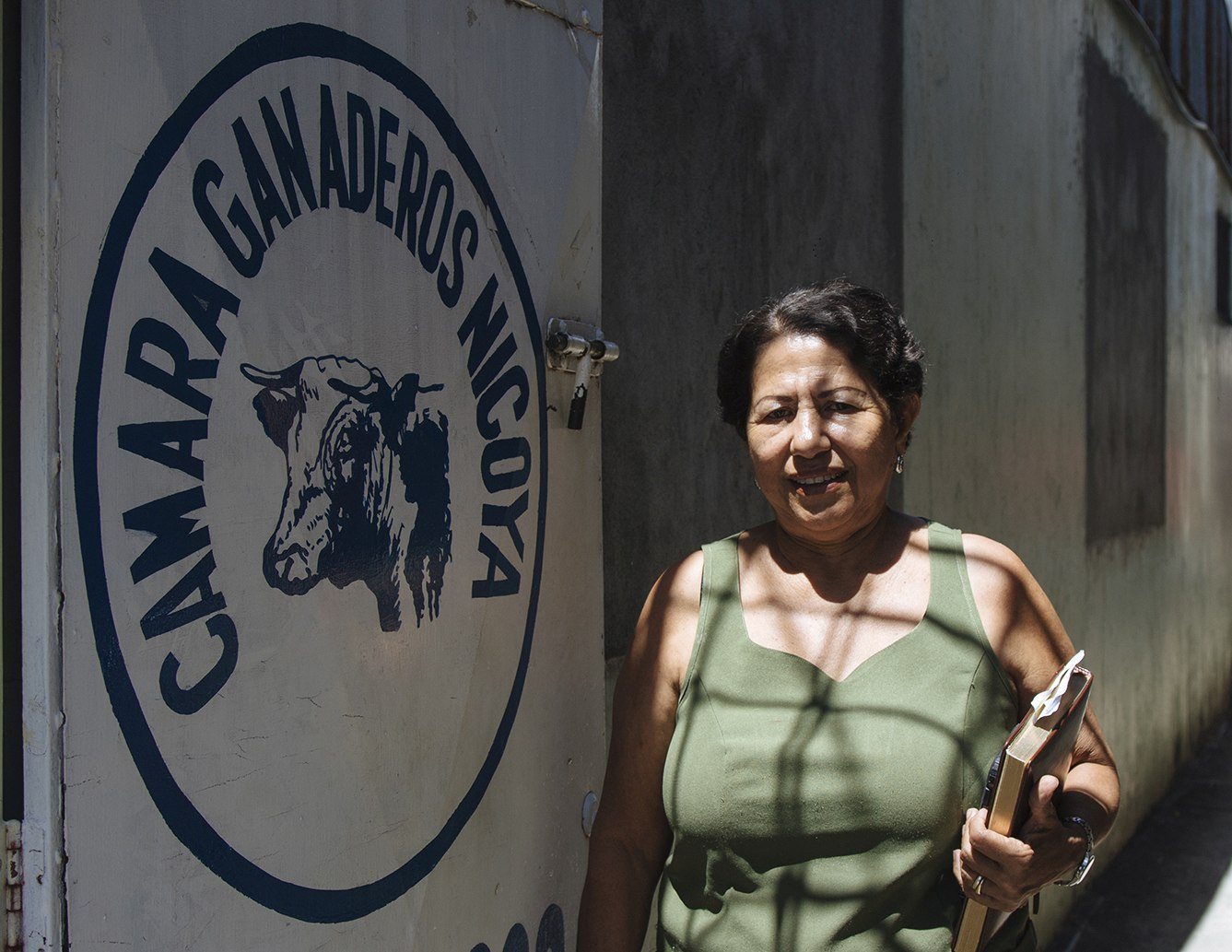
“[Leonor] nearly cleaned out that woman’s desk. We even went after her,” remembers Carlos Rojas, chair of the Chamber at that time and current treasurer. The case was settled, although the ex-assistant has not returned the money.
The following year, the guild chose Leonor as their president. She was reelected in 2016 for the 2017-2018 term.
“I’m sure some people thought, ‘this nurse doesn’t know shit,’ but they didn’t know…” Leonor jokes.
Still, Leonor admits that she is not a seasoned rancher. She doesn’t look like a rich women, but she does seem well-off. She says that she doesn’t depend on her cattle to live. Still, she strives to watch them prosper.
Leading with Losses
Her father had a ranch, but he spent most of his life as a baker. Leonor never inherited a single head of cattle because her father never forgave her for marrying someone eighteen years older than her.
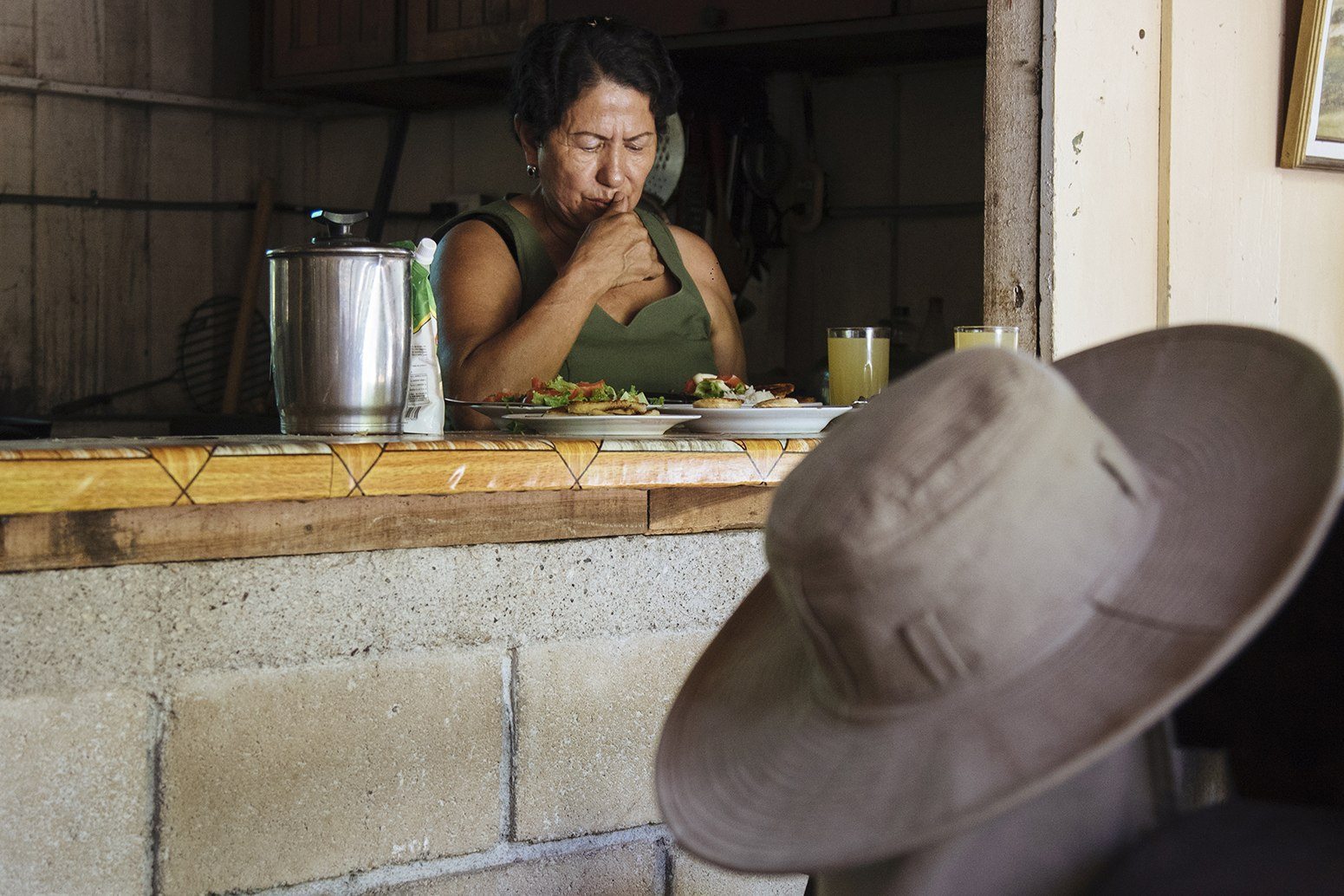
Alexis Rojas, her husband, had always dreamed of having a ranch. His dream became a reality in 2007 with 28 hectares and 60 head of cattle in Tierra Blanca de Nicoya. They called it Finca RR.
Alexis died in 2010 and Leonor took charge of the farm and all the cattle. Several people recommended that she sell everything, but she decided to keep Alexis’ dream alive. In spite of spending so many years dealing with others’ pain, this rancher/nurse couldn’t deal with the pain of her husband’s death for nearly three years.
With the money Alexis left her, Leonor decided to undergo knee-replacement surgery. The ability to walk more freely has helped her take the reigns of the farm.
Working in the country and being involved in the ranching industry have helped Leonor accept her husband’s death. “I felt useless. Because I have something to give. I can serve,” she says.
Now her goal is to bring new ideas to innovate the type of ranching the chamber promotes.
“Our ancestors’ customs can be a problem. Before there weren’t the massive droughts we now see. Additionally, ranchers don’t know how to acquire the knowledge and benefits that are available,” Leonor says. This profession may not hold the same pride as her old photographs, but it is her present reality. And that fills her with pride, too.


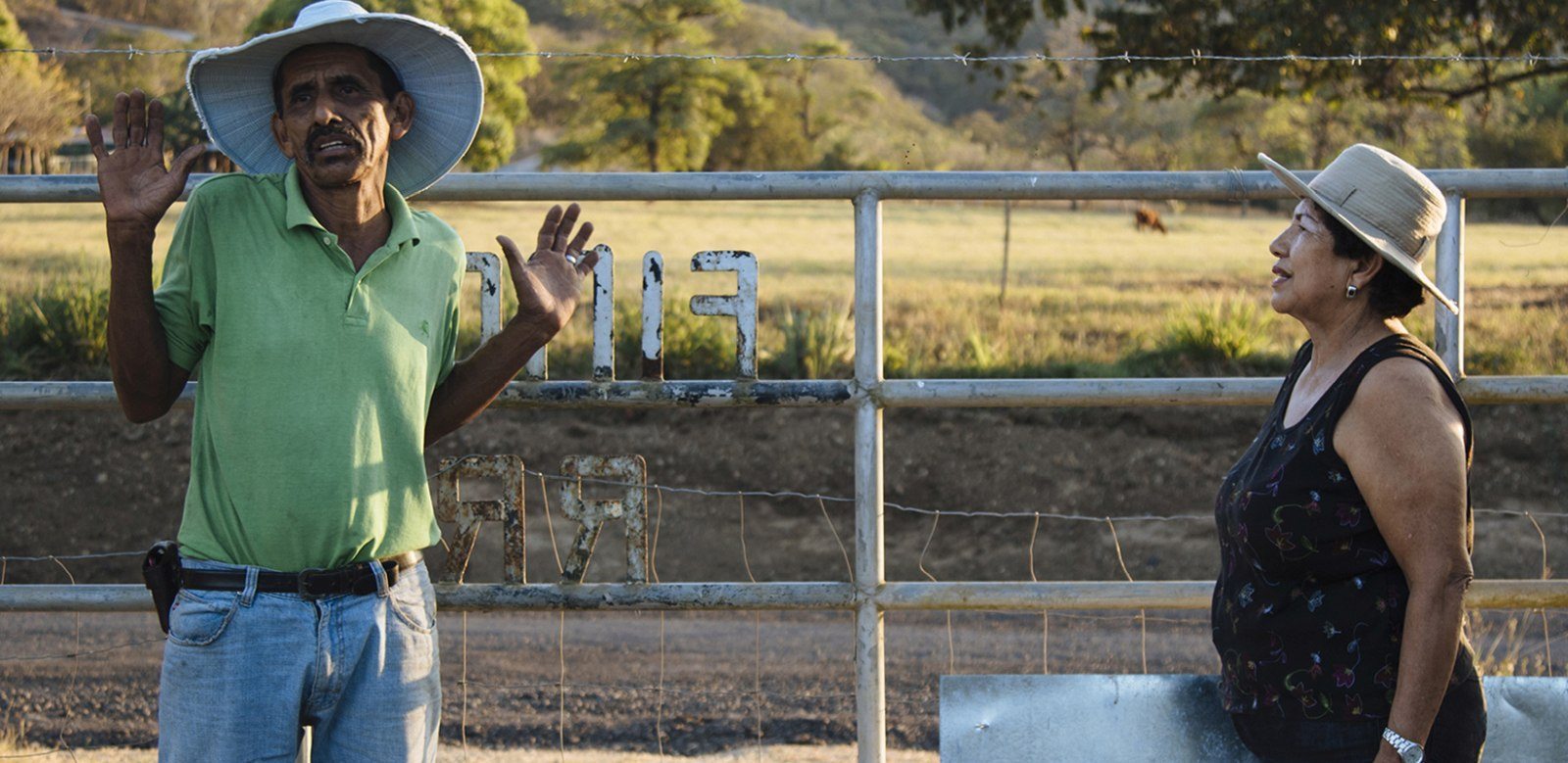
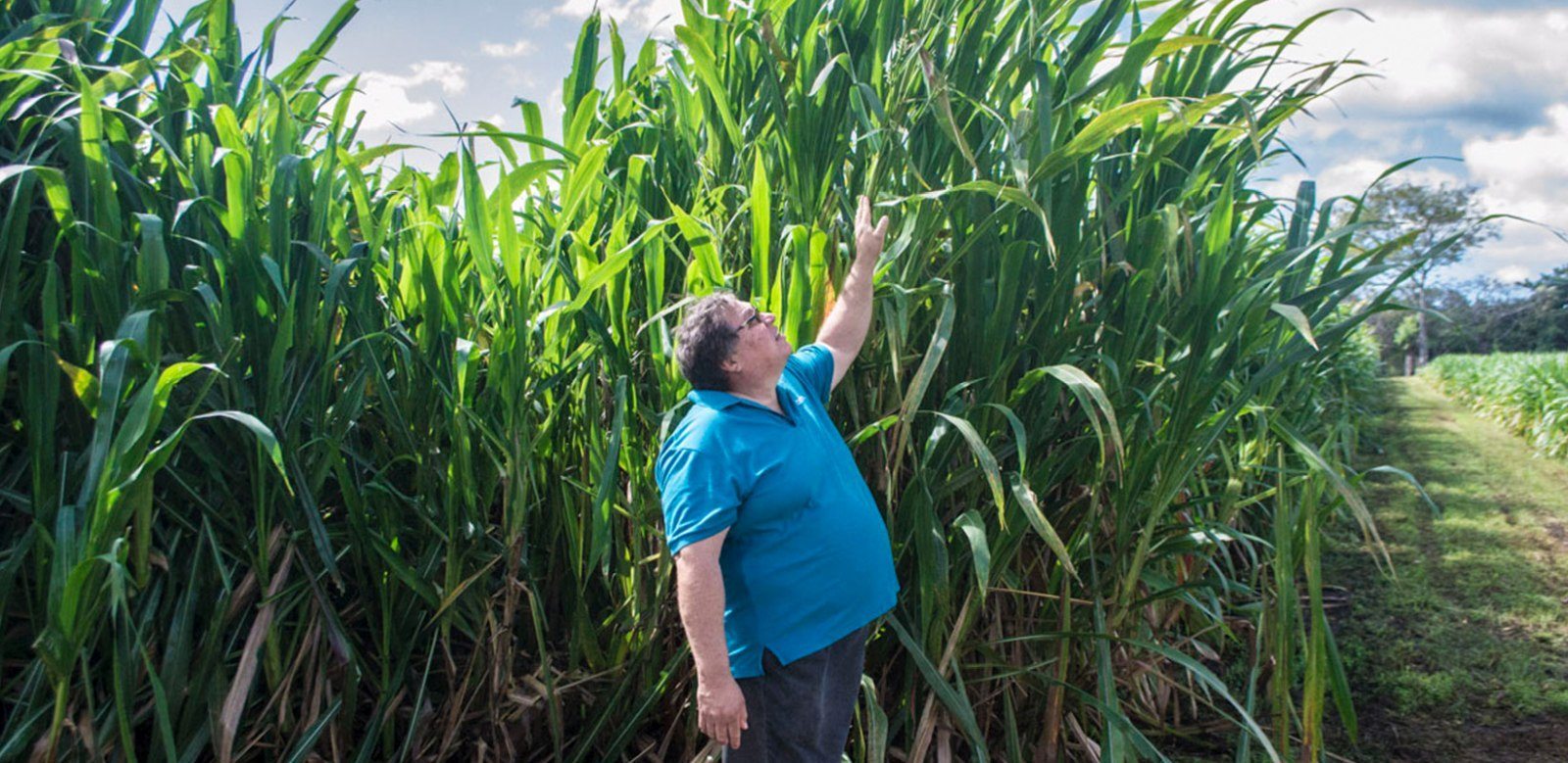
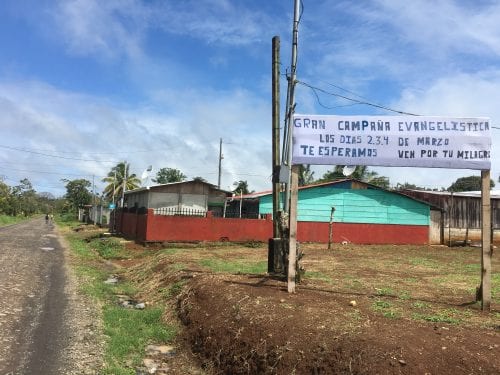
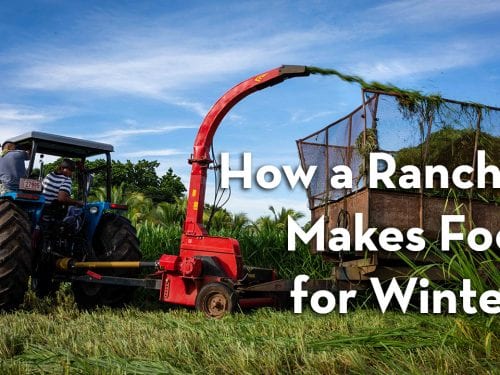

Comments